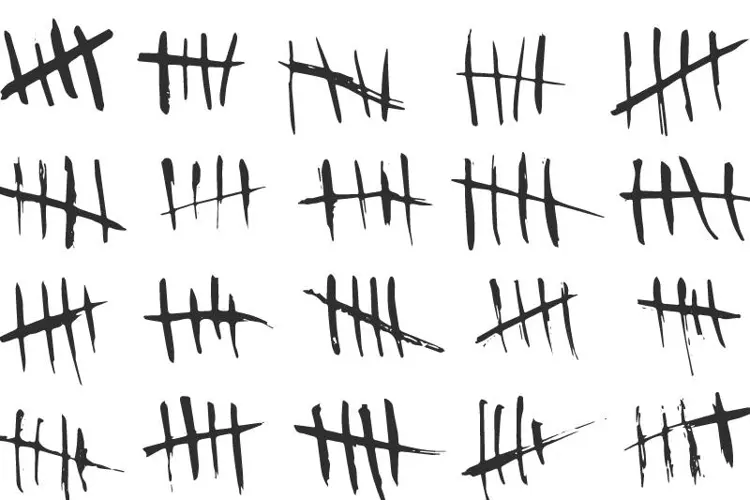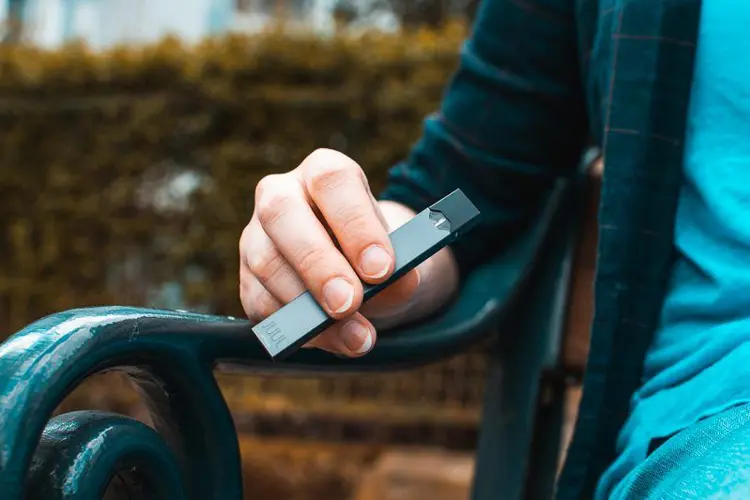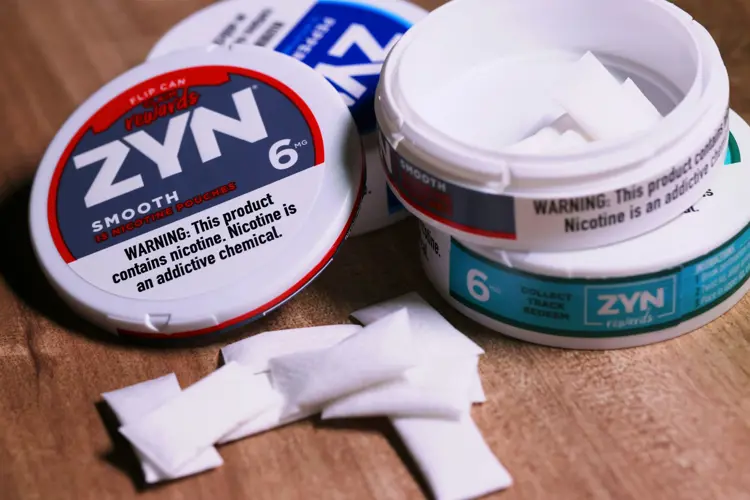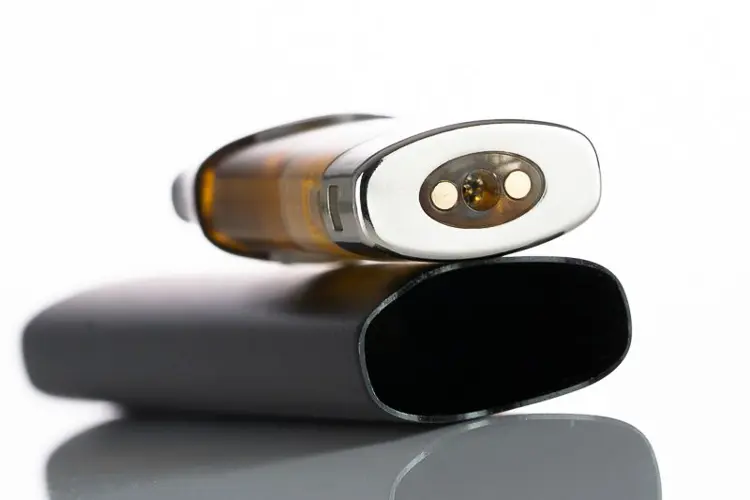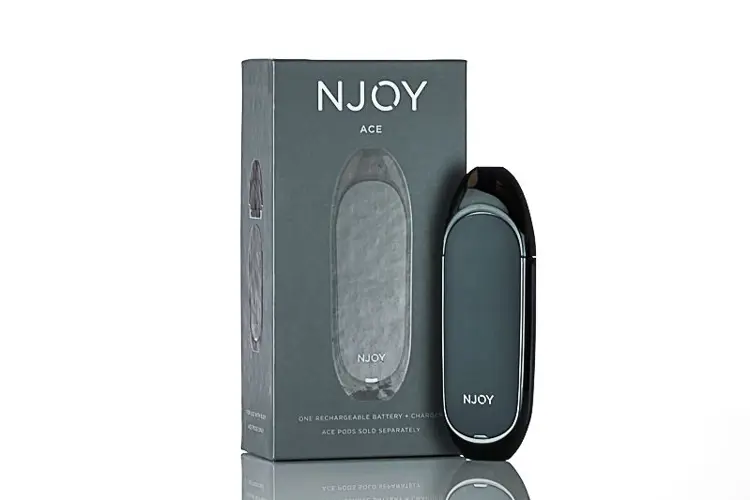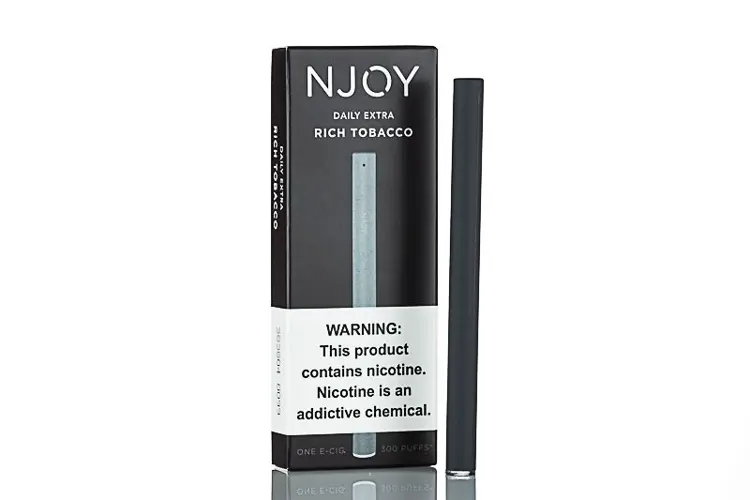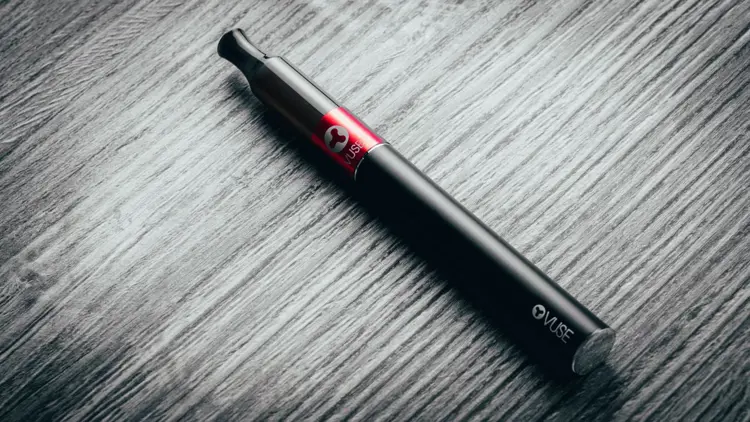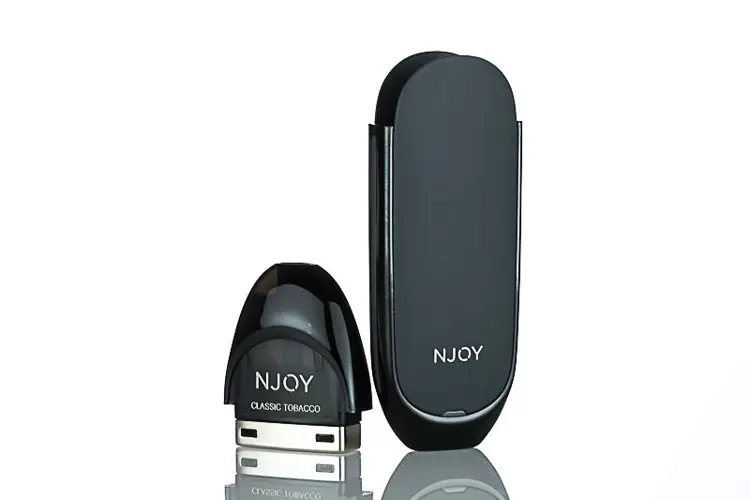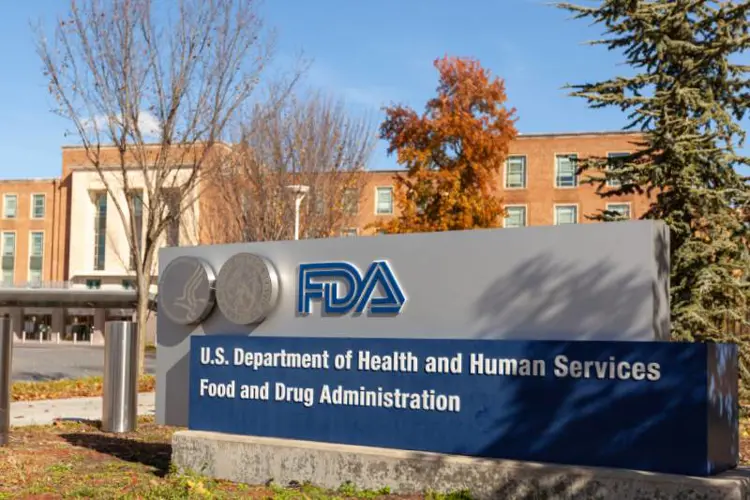After a year of hype and endless stories about FDA's Sept. 9, 2021 decisions that would “determine the future of vaping,” the agency punted on its obligations and left the vaping industry twisting in the wind. The FDA issued no product authorizations, announced no exemptions for manufacturers allowing continued sales, and offered no enforcement discretion assurances for businesses whose products haven’t been denied.
The agency reaffirmed in April that it would not (and could not, based on the court order) issue a blanket exemption to the industry. Companies that have not received a specific Marketing Denial Order (MDO) or authorization for a product will technically be selling it illegally tomorrow, but the agency said it recognizes “that we are unable, as a practical matter, to take enforcement action against every illegally marketed tobacco product, and that we need to make the best use of Agency resources.”
That probably means that, unless local authorities take action, there will be no real enforcement against products still on the market. The FDA notes that “we have identified flavored products that appeal to youth as enforcement priorities.”
In a statement attributed to Acting Commissioner Janet Woodcock and Center for Tobacco Products Director Mitch Zeller, the FDA leaders congratulated themselves on making “significant progress in the months since” last September’s PMTA submission deadline, and said they are “working diligently to better understand these products.”
The FDA says it has taken “action on about 93% of the total timely-submitted applications”—meaning it has denied the applications of 132 small companies’ flavored products. (The list of Marketing Denial Orders was updated today with the names of companies receiving denials as of today for some or all of their submitted products.) An FDA spokesperson confirmed to Vaping360 that the process is not complete, and the agency will continue to issue MDOs to additional companies.
The Wall Street Journal reported this morning that the FDA would delay a decision on approving Juul Labs’ products. The agency previously said it would prioritize decisions based on market share, implying that the JUUL device and pods would be among its first announced decisions. Juul is the biggest seller in the convenience store/gas station vape market.
The agency announced no exemption that would specifically protect JUUL if it remains on the market; the company will face the same risk of enforcement as other non-flavored products. Vaping360 has also learned that Reynolds American neither sought nor received an exemption from enforcement for its Vuse and Velo products, but intends to leave them on the market based on the FDA's enforcement discretion statement. Essentially, these large companies believe the risk of enforcement actions is low, since they are not currently selling vapor products in flavors other than tobacco and menthol.
Mainstream media outlets have portrayed the entire PMTA debacle as a decision on Juul Labs’ products, with barely any attention paid to the thousands of independent small- and medium-sized companies whose fortunes will be largely determined by the FDA’s choices.
After lawsuits and delays, Sept. 9, 2020 was set as the deadline for manufacturers to submit Premarket Tobacco Applications (PMTAs) for existing products. The judge who approved the deadline agreed that manufacturers could have up to one year—until today, Sept. 9, 2021—to remain on the market while the FDA considered their applications, and he agreed that the FDA could issue case-by-case exemptions beyond that.
But small manufacturers have been receiving Market Denial Orders (MDOs) for their flavored e-liquids for two weeks, notified without warning on Aug. 26 that the agency required “product-specific” proof that producers of non-tobacco flavored products must “demonstrate enough of a benefit to adult smokers that would overcome the risk posed to youth.” The FDA added more MDOs to its list a week later—and many more since then, although they weren’t publicly announced until today.
The focus on flavored products has been driven by the Campaign for Tobacco-Free Kids, which received $160 million from Bloomberg Philanthropies in 2019 to promote passage of flavor bans and discourage the FDA from authorizing flavored products. The anti-flavor campaigners claim that flavored vapes are a trick of the tobacco industry, intended to ensnare kids in a lifetime of addiction. The reality is that vape flavors are a user innovation, developed by early vapers dissatisfied with the flavors available in Chinese products. But while flavors make up a huge part of the argument against vaping, the evidence that they’re a primary driver of youth vaping is less than convincing.
Many small manufacturers that haven’t received denials have requested exemptions to continue selling while the FDA considers their applications. The FDA didn’t announce any formal exemptions. (Meanwhile, the FDA continues to issue warning letters to companies that didn’t submit PMTAs for some or all of their products.)
Some small- and medium-sized manufacturers plan to continue selling, reformulating their e-liquid with synthetic nicotine. Synthetic nic is a legal gray area, but will probably provide a route to continue selling until the FDA, Congress or state and local lawmakers address the issue. Some manufacturers began using synthetic nicotine even before last year’s PMTA deadline.
Many of the small companies that have received MDOs for flavored products still have applications pending for tobacco- and menthol-flavored e-liquids. While it’s true that a majority of adult vapers who have quit smoking prefer fruit- and other sweet-flavored vapes, manufacturers may be able to make a living selling tobacco flavors if no other legal options exist.
Still, PMTAs for tobacco flavors will also require extensive (and expensive) testing before legally entering the market. E-liquid companies may be cautious about spending their savings on products that may not provide enough variety to sustain their business model. Vape shops will be unlikely to survive selling a handful of products, especially if they’re all the same flavor profile.
The bottom line of today’s non-action by the FDA is utter uncertainty for the vaping industry. In the days and weeks ahead, we will probably see authorizations for products made by wealthy manufacturers (mostly tobacco companies and their partners), and there may be lawsuits and civil disobedience from small manufacturers and vape shop owners. But today there is just a fog of uncertainty and unease hanging over the small vaping industry and its customers.
The Freemax REXA PRO and REXA SMART are highly advanced pod vapes, offering seemingly endless features, beautiful touchscreens, and new DUOMAX pods.
The OXVA XLIM Pro 2 DNA is powered by a custom-made Evolv DNA chipset, offering a Replay function and dry hit protection. Read our review to find out more.
The SKE Bar is a 2 mL replaceable pod vape with a 500 mAh battery, a 1.2-ohm mesh coil, and 35 flavors to choose from in 2% nicotine.
Because of declining cigarette sales, state governments in the U.S. and countries around the world are looking to vapor products as a new source of tax revenue.
The legal age to buy e-cigarettes and other vaping products varies around the world. The United States recently changed the legal minimum sales age to 21.
A list of vaping product flavor bans and online sales bans in the United States, and sales and possession bans in other countries.







